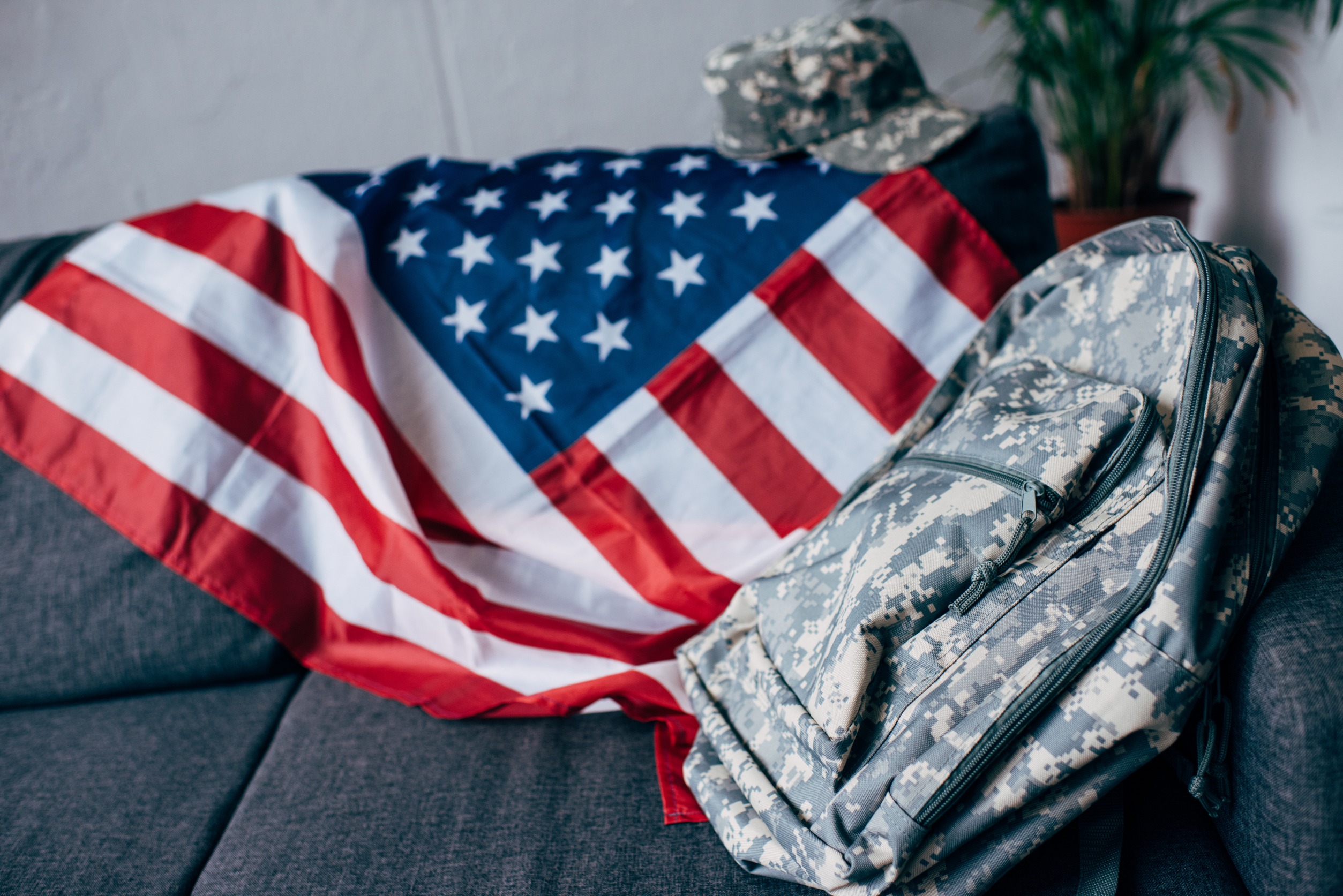BY THE OPTIMIST DAILY EDITORIAL TEAM
The United States Department of Defense announced that over 800 veterans who were previously removed under the now-repealed “don’t ask, don’t tell” policy have had their discharge statuses upgraded to honorable, in a historic action that finally begins to address the harms caused by the discriminatory policy. The investigation comes more than a decade after the policy was revoked, signaling a watershed moment for LGBTQ+ veterans.
“Brave LGBTQ+ Americans have long volunteered to serve the country that they love,” said Defense Secretary Lloyd Austin, emphasizing the long-overdue efforts to rectify the injustices experienced by these service personnel. A study focused on 851 instances, with 96.8 percent qualifying for “relief,” resulting in honorable discharges for the great majority of veterans involved.
A long-awaited victory for LGBTQ+ veterans
Between 1994 and 2011, the “don’t ask, don’t tell” policy prevented openly gay and lesbian military personnel from serving, resulting in the dismissal of over 13,000 people simply for their sexual orientation. While the program was overturned in 2011, the consequences of these discharges persisted, with many veterans still receiving discharge classifications that denied them full military benefits.
Defense Secretary Austin underscored the importance of correcting these errors, adding that 96 percent of those reviewed now have an honorable discharge, a critical shift that allows them to receive benefits that they were previously denied. “Under President Biden’s leadership, the Department of Defense has taken extraordinary steps to redress the harms done by ‘Don’t Ask, Don’t Tell’ and other policies on these former Service members,” Austin said in a statement.
The Pentagon’s proactive review brings justice
Although veterans discharged under “don’t ask, don’t tell” could apply for an upgrade to honorable discharge once the policy was repealed, many were unaware of this possibility. The Pentagon’s yearlong proactive investigation was intended to ensure that these individuals were no longer left behind. According to Christa A. Specht, a legal policy director at the Defense Department, approximately 2,000 veterans had been separated with less-than-honorable characterizations, and this review tried to right those wrongs.
This study has served as a stark reminder of the decades-long prejudice that LGBTQ+ military personnel have suffered. Between World War II and 2011, historians estimate that over 100,000 service personnel were forced to leave the military because of their actual or perceived sexuality. Upgrades to honorable discharges are an important step in addressing this troubling legacy.
Honorable discharges pave the way to full military benefits
For many veterans, this shift not only restores their dignity but also allows them to receive all of the military benefits they were previously refused. Honorable discharges are required for benefits such as healthcare, education support, and house loans from the Department of Veterans Affairs. With this upgrade, LGBTQ+ veterans can now fully enjoy the benefits they earned while serving.
As Secretary Austin declared, “What this means is that of the nearly 13,500 individuals who were administratively separated under Don’t Ask, Don’t Tell policy, and served long enough to receive a merit-based characterization of service, 96 percent now have an honorable discharge.”
LGBTQ+ organizations have largely hailed the Pentagon’s move, viewing it as a significant step toward justice for veterans wrongly dismissed under the policy. While this assessment provides some closure for individuals affected, it also emphasizes the importance of continuous advocacy for LGBTQ+ rights and recognition in the military.











